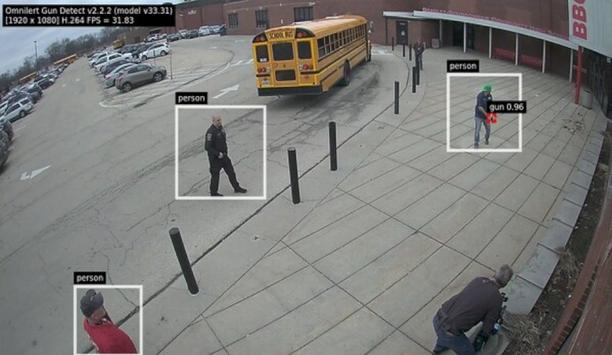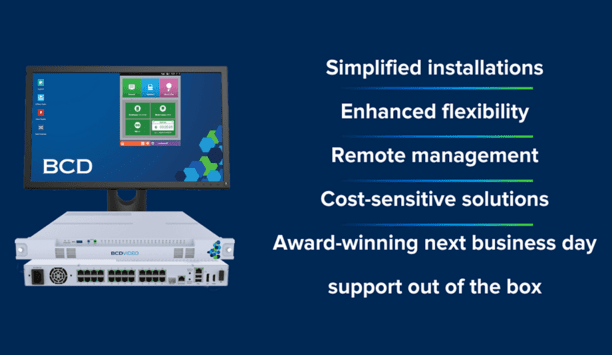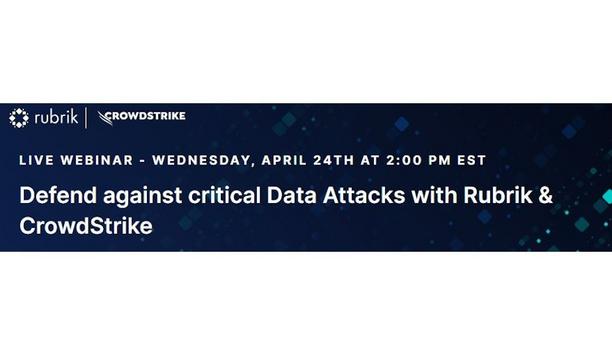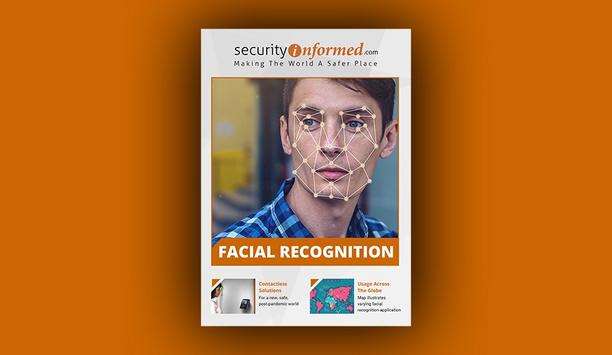 |
| Security companies' customers would be taking more care in future when selecting a security company |
However security companies soon discovered reluctance on the part of the majority of customers to pay any increase, even before the current recession started. Rather they hoped that the SIA would continue to promote the industry and encourage customers to meet the cost. Certainly the least that security companies should have been able to expect from the licensing authority was support in ensuring that their clients would at least have to ensure that contract companies they engage would be supplying licensed staff. The recent SIA press release (22 February 2010) shows that the SIA is not in fact supporting that position.
There appears to have been a total turnaround by the SIA on the culpability of the customers or clients. Last year, in response to a question raised at the SIA May 2009 conference, whether the SIA would be willing to investigate the possibility of a specific offense for clients knowingly using unlicensed persons, the SIA stated
A customer hiring security staff under contract is not responsible for ensuring that the staff is licensed - SIA verdict |
The SIA statement following the outcome of the Sabrewatch prosecution declares: 'The retailers (who had no part in the offences as the staff was hired under contract) were supportive of the case and a number gave evidence against Sabrewatch in court.'
The Authority re-confirm this in the ‘Notes to editors' stating: 'A customer hiring security staff under contract is not responsible for ensuring those staff are licensed - rather it is the duty of the contractor to ensure its staff are licensed before they are deployed.'
 |
| "Customers must make sure that their security contractors are meeting legislative requirements" |
I have not yet seen sufficient details to understand why Sabrewatch was singled out for prosecution, but I feel that security companies' customers would be taking more care in future when selecting a security company, if Sabrewatch's customers or clients had also been prosecuted and presumably also found guilty. By focusing only on the contractor, I think this was a missed opportunity for the SIA to demonstrate its declared policy of enforcing the legislation fairly and proportionately against all those involved.
Customers always have the right to shop around for the best price, and to change supplier if they feel that a provider is supplying a poor service or is charging over the odds, this is the principal of open competition. However customers must be seen to be responsible under the law for ensuring that their contractors are meeting legislative requirements. Only then are we likely to see the remaining criminal elements expelled from the industry."
Justin P. Bentley
Chief Executive Officer, International Professional Security Association


















